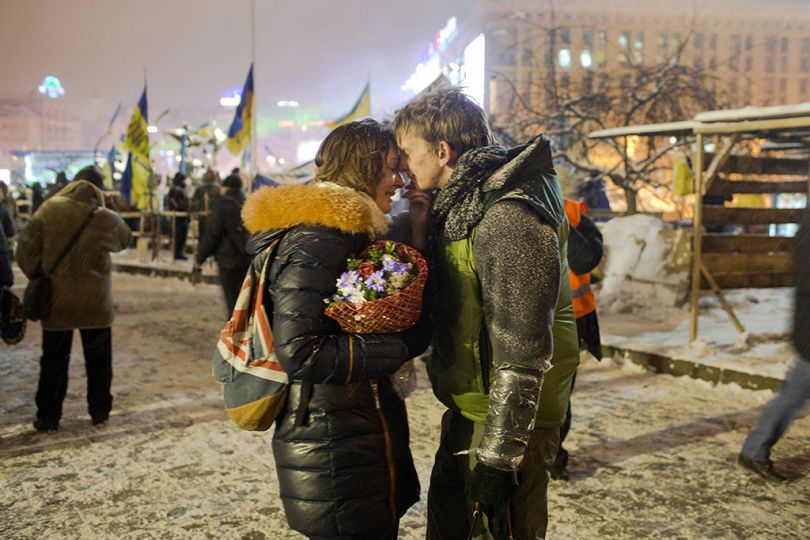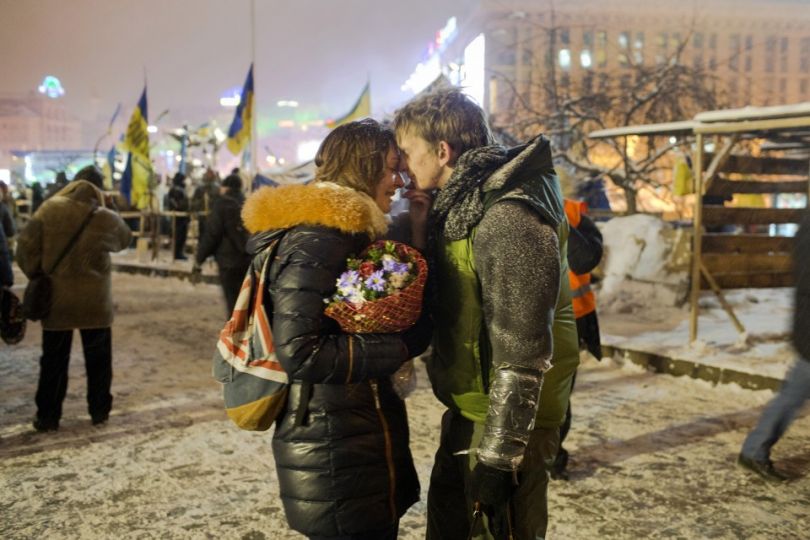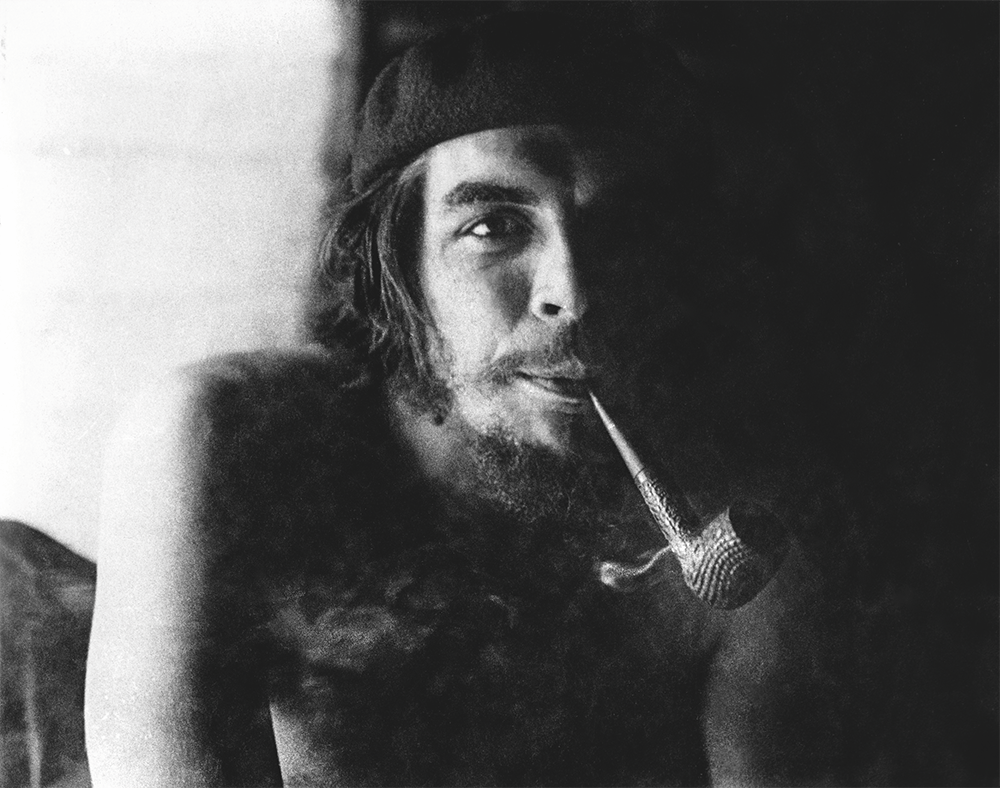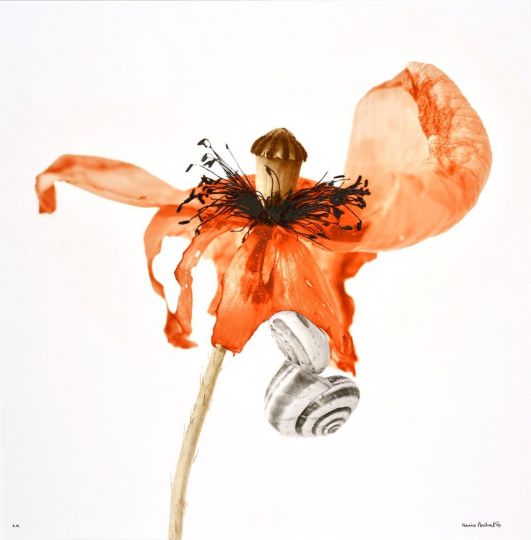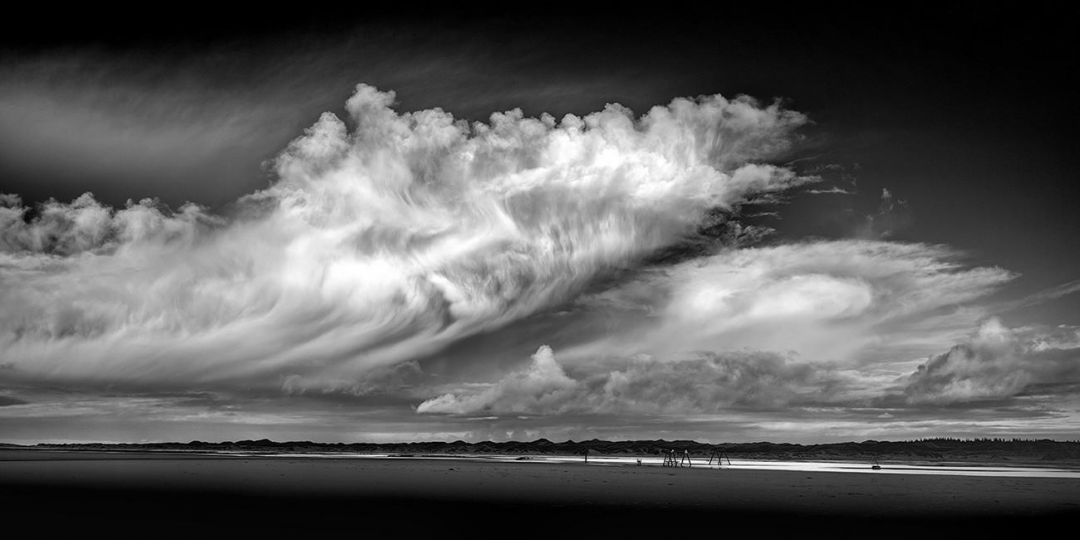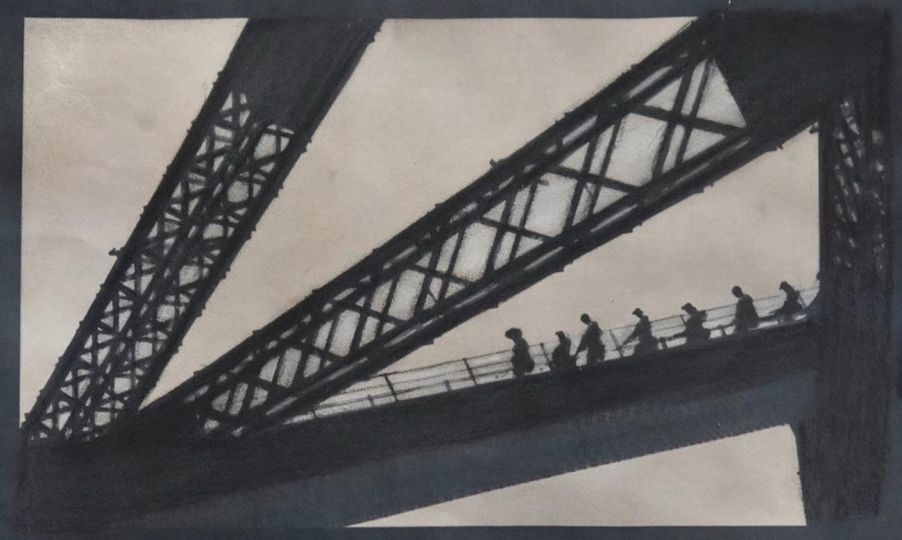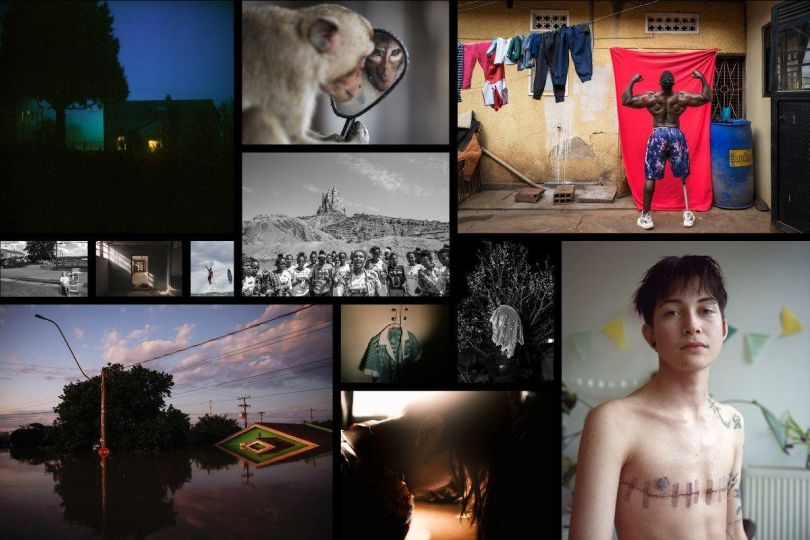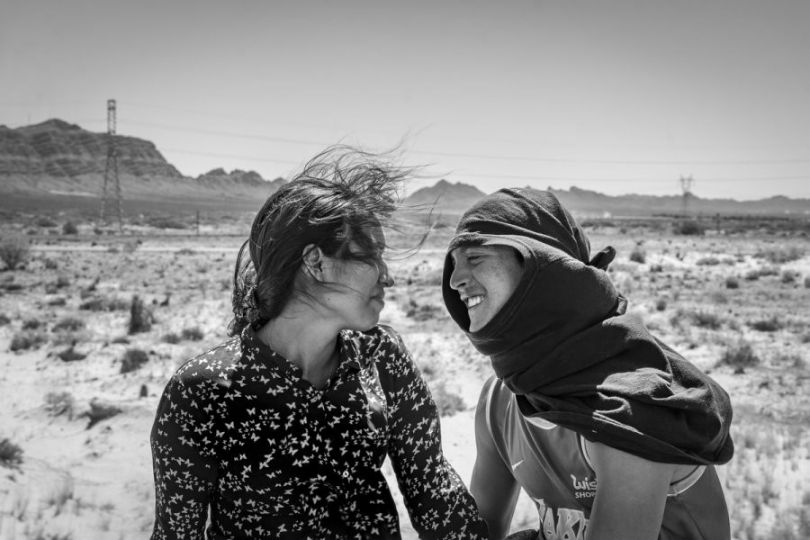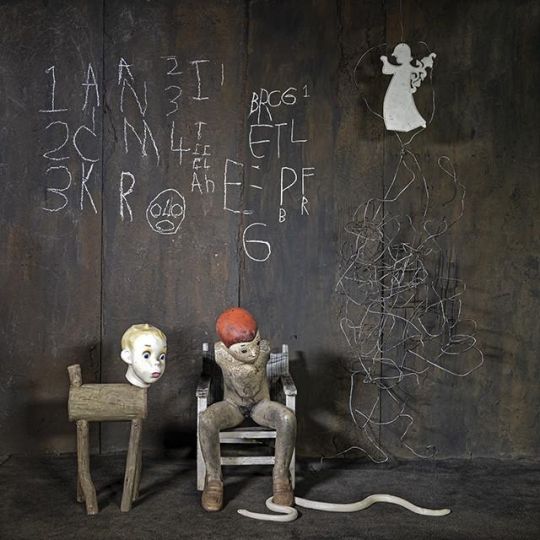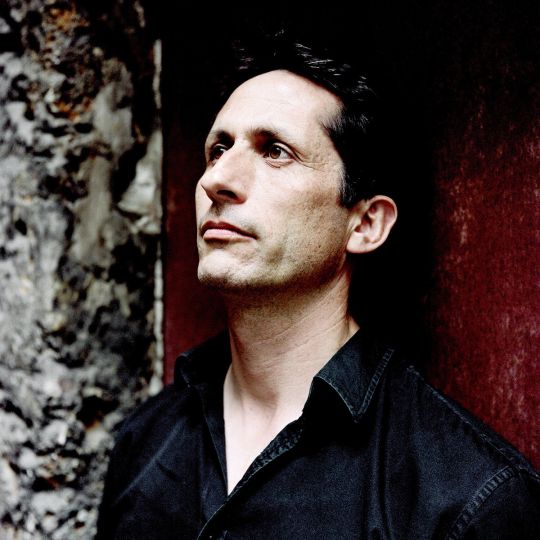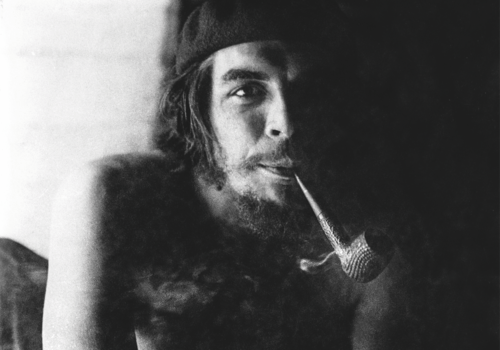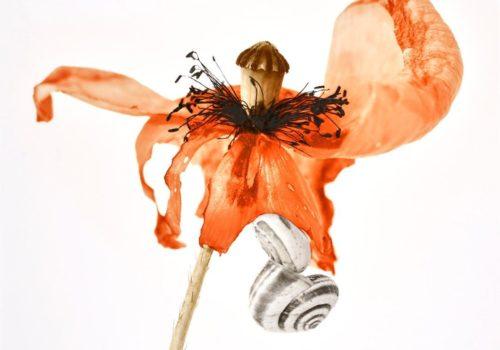The W. Eugene Smith Grant ceremony was held yesterday in the large auditorium of the School of Visual Arts, New York, filled to capacity for the occasion with photographers and publishers. The Grant in Humanistic Photography worth 30,000 dollars – almost the amount of debts accumulated by Smith to continue what he believed in – was given to Peter Van Agtmael a photographer known primarily for his coverage of inhuman wars. Covering repeated outbreaks of violence in the Middle East, Peter Van Agtmael is driven by an indomitable and unspeakable desire to follow the wars, to take part in the daily combat living side by side with American soldiers. After six intense years spent covering disastrous conflicts – a restless dedication that has earned him in 2008 to be one of the few young photographers to integrate the closed circle of Magnum Photos -, Peter Van Agtmael has addressed diverse issues: war causes deportation, some of its consequences are not immediate and leave invisible scars. This is probably one of the reasons why the jury – composed of Susan Bright, Lauren Wendle and Kira Pollack – – chose his project, selected amongst other high quality proposals including the black and white work of Jon Lewinstein on Mexican immigration to the United States, the double exposure survey by Justin Maxon on the ambiguous situation of Chester, a city ravaged by crime, and the movie-like photoreportage by Robert Yager on gangs in Los Angeles.
The grant was awarded based on the quality of the work already done, of course, but also according to what remains to be accomplished. A criterion that is difficult to assess but that previous juries got right if we take for example two former winners presented tonight : Marc Asnin, whose Uncle Charlie project, started in 1981 and awarded in 93 was just published by Contrasto ; and Donna Ferrato, who still works on domestic violence, a project for which she was the recipient of the Grant in 1985. Massimo Berruti, received a Fellowship Honoree award last night for a body of work that is stunning for its consistency and the depth of the investigation.
Laurence Cornet


